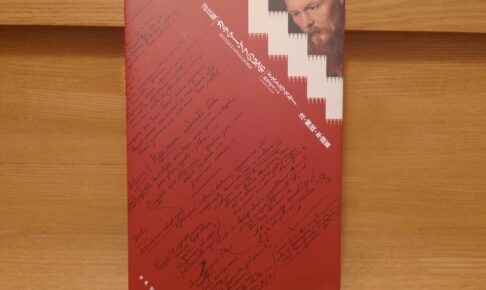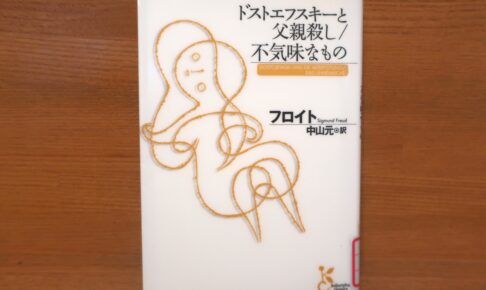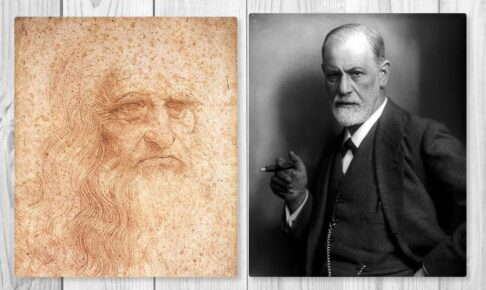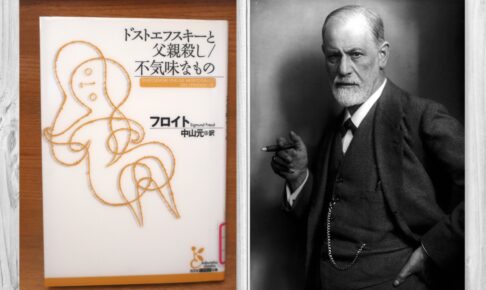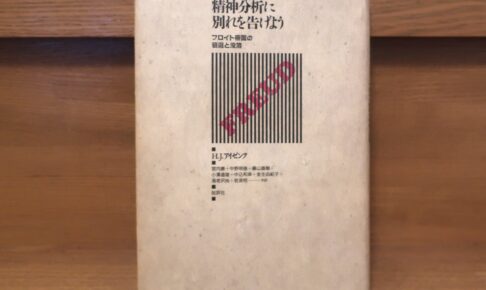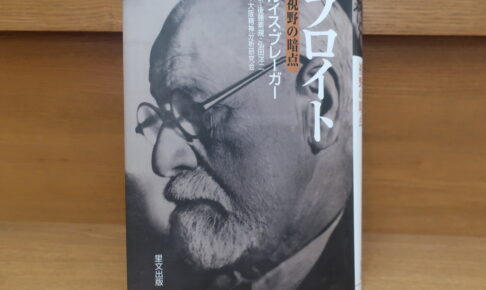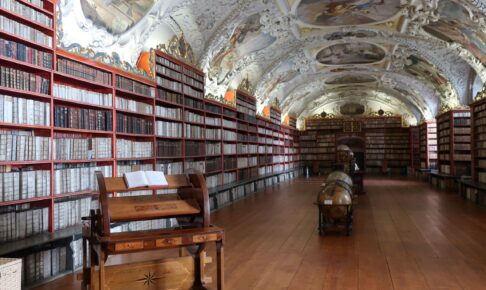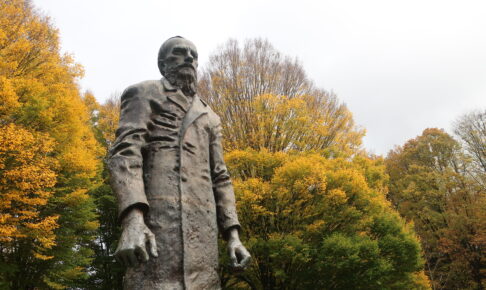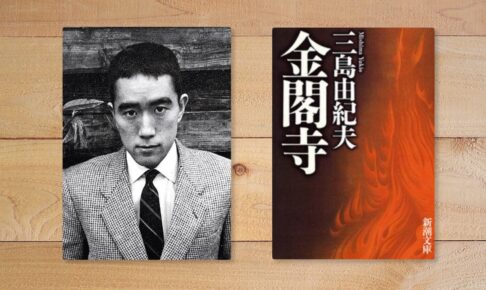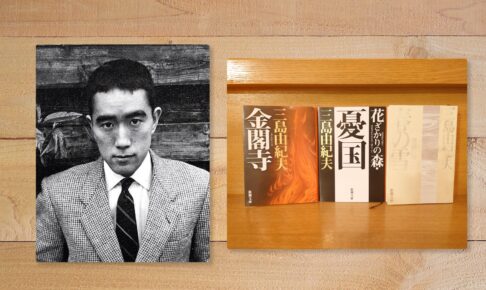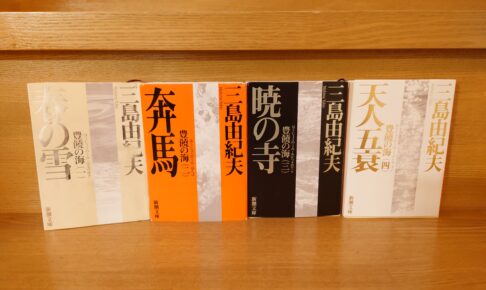Why is "The Brothers Karamazov" so difficult? What was the theme of the novel and what was the context in which it was written - what did Dostoevsky want to convey in this novel?
In this article, we will discuss the actual context in which "The Brothers Karamazov" was written.
This work is often described as "difficult" or "hard to read," and we will also look into the reasons why people feel this way.
Knowing the background of this work, you will see "The Brothers Karamazov" in a different light. Karamazov is interesting! I highly recommend this article!












